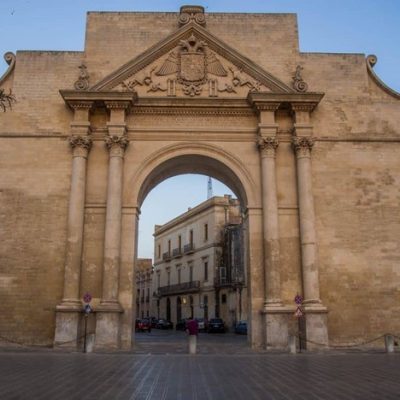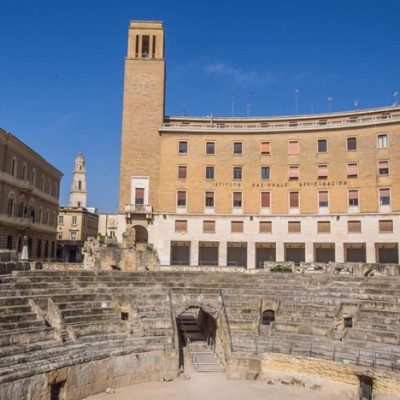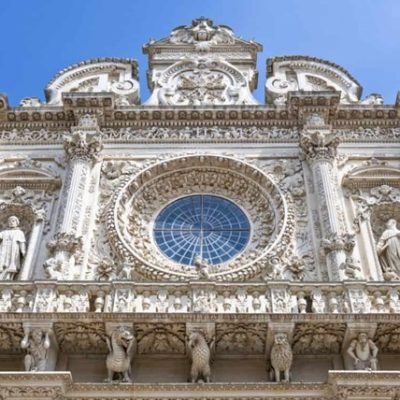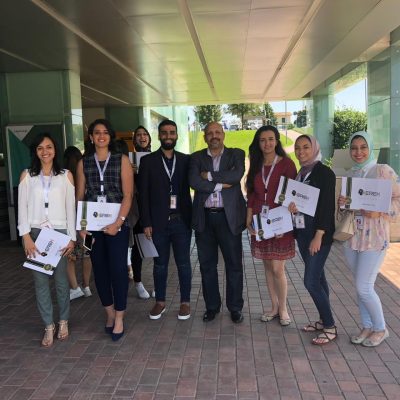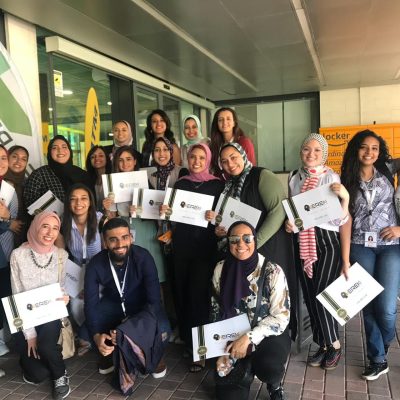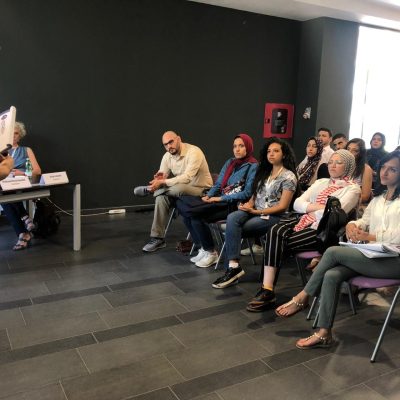Introduction
Space syntax theory seeks to explain why the built environment takes shape in relation to corresponding socio-cultural activities from a spatial standpoint. The configuration of the network is the primary shaper of the pattern of movement, so there is a fundamental link between the structures and functions of cities. Space syntax, as a quantitative method, describes patterns of spatial layouts that demonstrate the effect of urban grid configuration on existing movements. It assesses integration, which is synonymous with accessibility. It describes the average depth of space in relation to all other spaces in the system, indicating the preferable potential movement destinations.
Workshop Description
This workshop is designed to enable the participants to analyze, compare, and contrast urban examples, alternatives, and forecast movement patterns within an action area.
By the end of the workshop, participants will be able to do the following:
- Understand the spatial configuration of a selected urban action area using Space Syntax;
- Choose the appropriate methods of spatial analysis;
- Analyze the current situation of a selected case study, compare different cases, and forecast any future spatial
Equipment and software
- Using ‘Depthmap’ software and its application to urban examples
- Using QGIS for large-scale urban areas



